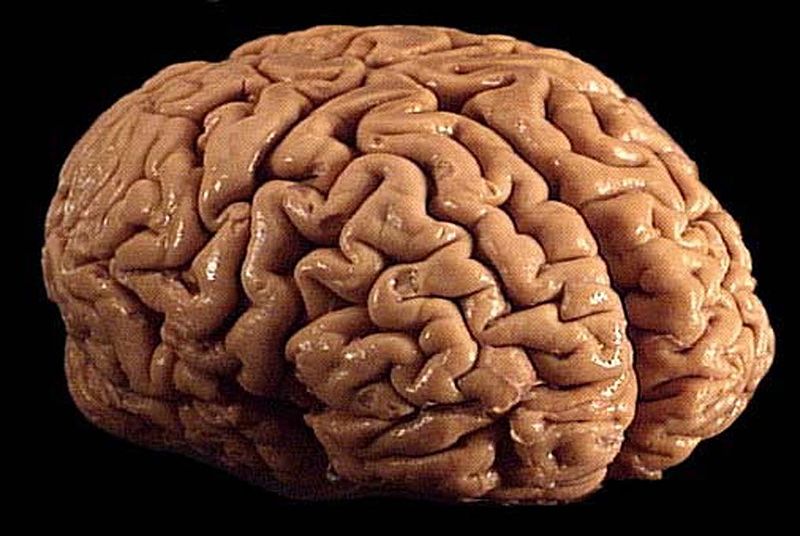
EXPERT REACTION: Diabetes drug may treat fatal brain disease
International researchers have shown that a drug already available to treat diabetes may help to treat patients with a Parkinson's like fatal brain disease. The researchers found the the neurons in the brains of patients with this disease, known as multiple system atrophy (MSA), show insulin resistance, which is also marker of diabetes. The researchers then looked to see if a diabetes drug known as Exendin 4, which already approved and available for the treatment of type 2 diabetes, would help address this aspect of the disease in a mouse model. They showed that the drug improved insulin resistance and importantly that it also helped preserve some of the neurons normally damaged as part of the disease. The drug may also hold potential for the treatment of other brain diseases such as Alzheimer’s disease, which has also shown links to insulin resistance.
Journal/conference: Brain
Organisation/s: University of Technology Sydney (UTS), Australian Science Media Centre
News for:
Australia
International
NSW
Media contact details for this story are only visible to registered journalists.


Expert Reaction
These comments have been collated by the Science Media Centre to provide a variety of expert perspectives on this issue. Feel free to use these quotes in your stories. Views expressed are the personal opinions of the experts named. They do not represent the views of the SMC or any other organisation unless specifically stated.